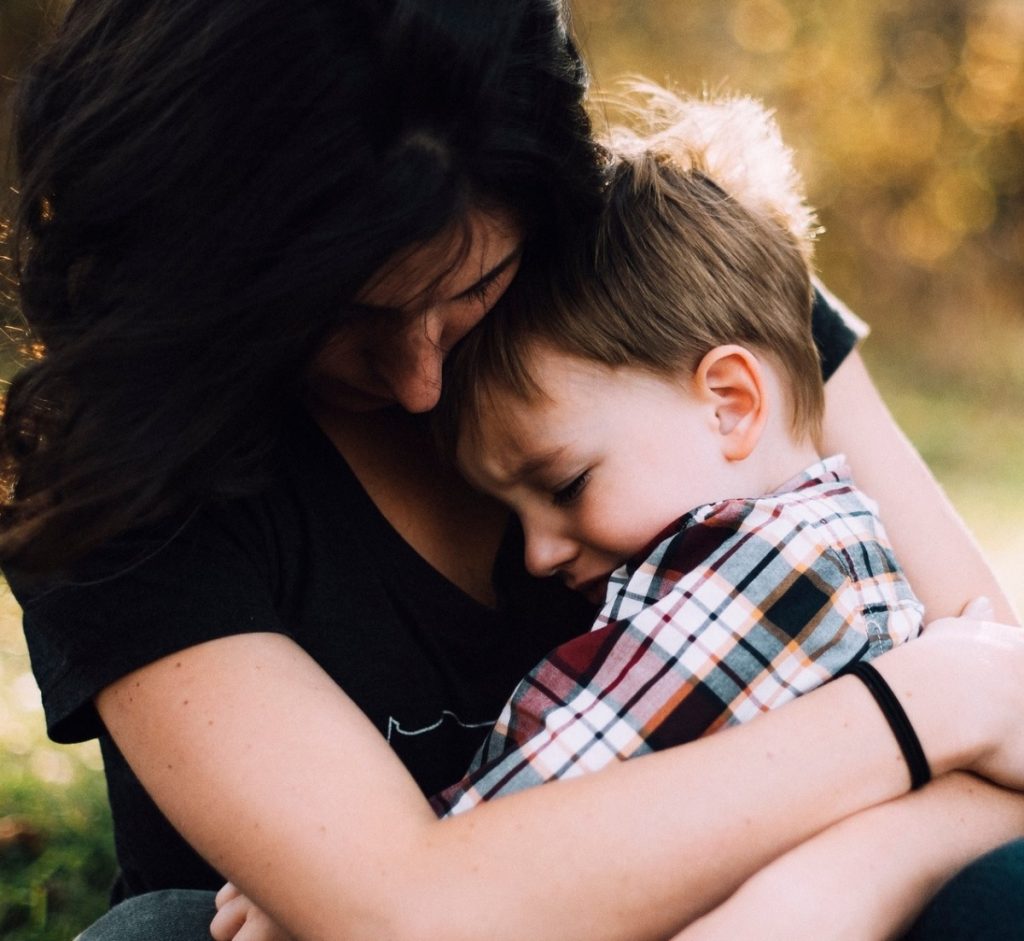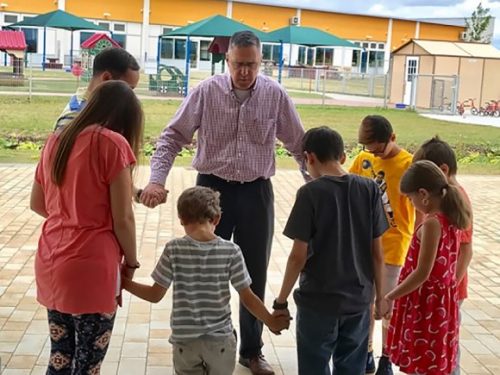
Source: stadtlandmama.de
It is natural for parents and other adult family members to protect the little ones from the dark actualities about life. That is why it is troubling for them to talk about suicide to kids. But what if they ask about it? Would you spare them the knowledge about a reality that has gotten so common these days? It would seem that while we are protecting them, we are ripping away their chances of healing as well.
According to the Centers for Disease Control and Prevention, less than 2 out of every one million children ages 5 to 11 will die by suicide. The rate among adolescents (ages 12-17) is about 52 per million. — Eileen Kennedy-Moore Ph.D.
Many parents (including me, honestly) are hesitant to talk about a suicide in the family to their children perhaps because of embarrassment, fear, or confusion. However, when children hear adults discussing this sensitive issue, without a doubt they will form their own version of what happened, which leads to more dangerous outcomes in the long run. It is important, therefore, that information about death by suicide or other tragic causes should be conveyed to them in a manner that is suitable for their age.
Simplifying The Explanations
To start off, it would be inappropriate to use the phrase ‘committed suicide’ as it may sound like a crime was done and it was successful (giving a negative implication that it can be done even if it is wrong). You can use the phrase ‘died by suicide’ instead.
For the younger children, you may need to provide a clearer description, such as:
“Dying means that the body isn’t working any longer, and nothing can fix it. Some people are just so hurt and so sad that they think the only way to get rid of their sadness is for their body to stop working. Some people also die this way because they have a sickness that comes from their brain. When the brain is sick, they may feel very hopeless.”

Source: maxpixel.net
It can feel scary to talk about suicide, but in my experience it is important to talk directly with adolescents to help them deal with this topic. If you are unsure how to talk with your teen about suicide, connect them with their guidance counselor or a therapist who can help them process any feelings they might be having. — Katelyn Alcamo, LCMFT
Encouraging Questions
Do not forbid your children to ask questions. You will thank yourself in the end for letting them speak their mind. Answer them as simply as you can, with an encouraging note, like:
“I know you must be confused or maybe wondering what or why it happened. I may not be able to let you understand fully, but you can always come to me and tell me how you feel. We can talk about it more. Or you can ask other adults about this.”
Be as truthful as possible without giving out the horrid specifics. If they ask how it happened, you can tell them that ‘he took pills that were not good for his body. That’s why he was hurt and his body didn’t work anymore.”
Supporting Them With Your Time and Presence
Sometimes, children blame themselves for the death of their loved one, and it is crucial that you help them get rid of this disturbing thought. Remind them that there are many reasons why people die from suicide, but none of these reasons involve them. Also, do not attempt to take away their sadness but instead listen to them and allow them to share how they really feel. This way they will overcome the process of grieving appropriately.
Grateful parents raise grateful children. Lead by example. — David J Bredehoft Ph.D.
Helping Them Learn Through Modeling

Source: army.mil
Children mimic the ways of adults. Grieve healthily by showing sadness appropriately, which is through crying and sharing your emotions with others, not through violent reactions. Talk to them and let them see how you feel so that they too will realize that showing one’s emotions is a very effective way of healing. Show them how to acknowledge grief. Let them know that there are nourishing ways to recover, that they are not alone, and that they are loved.
